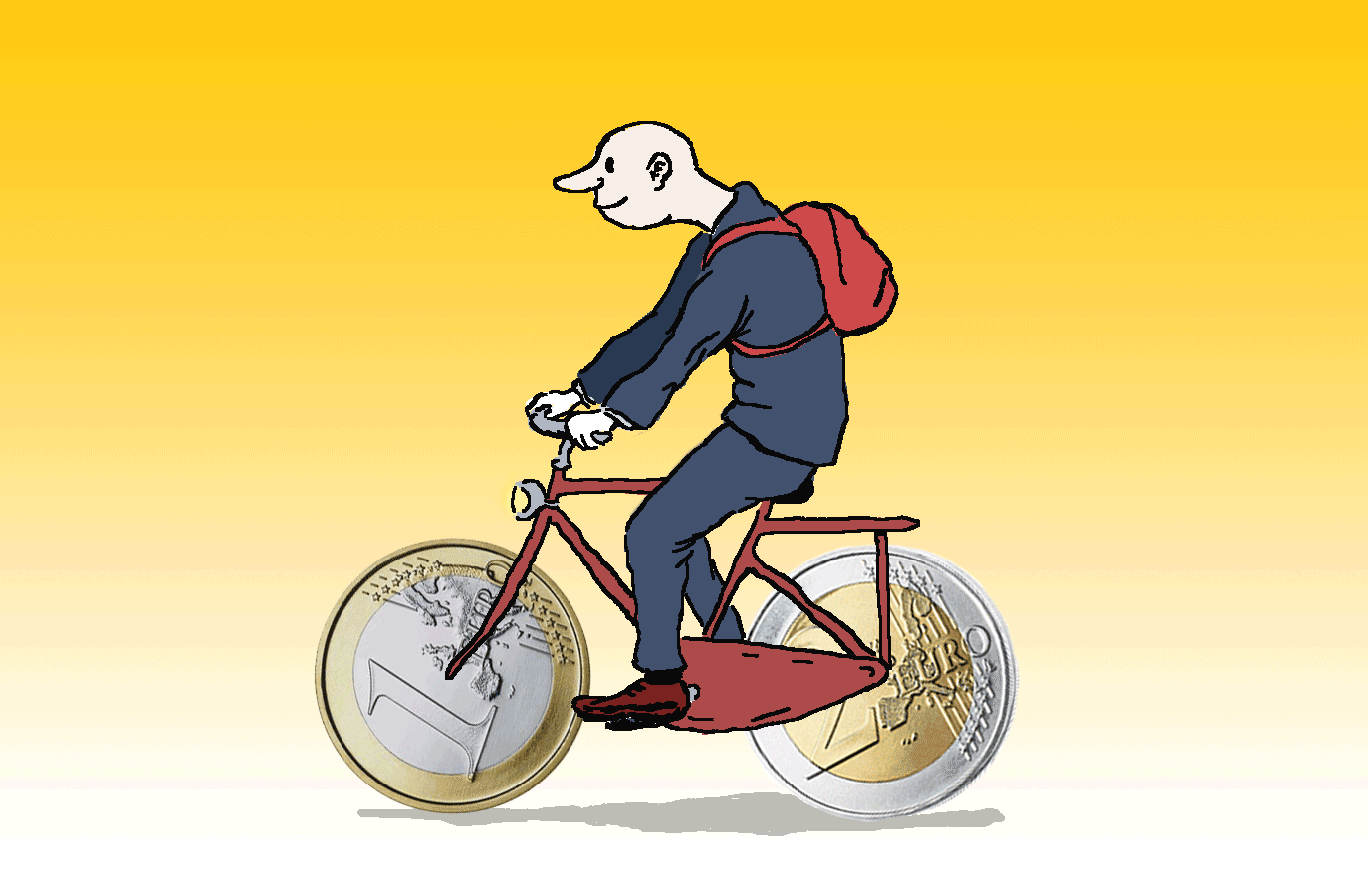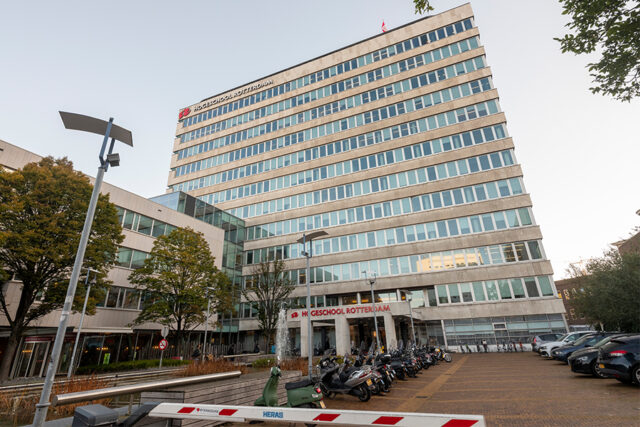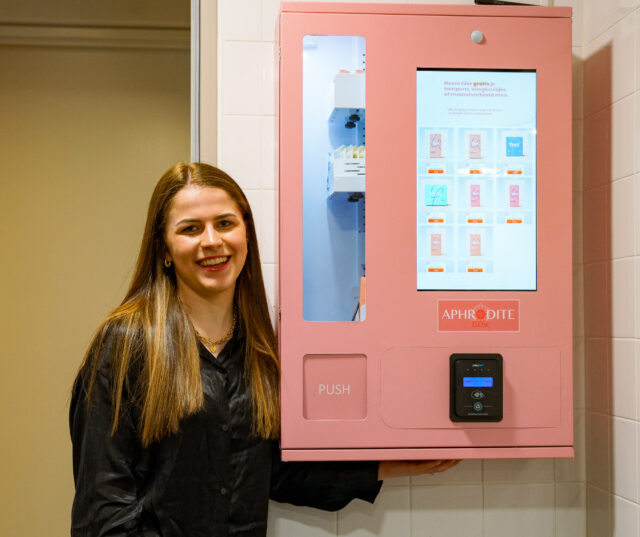The bike plan is being reimplemented
Gepubliceerd: 20 June 2017 • Leestijd: 1 minuten en 48 seconden • English Dit artikel is meer dan een jaar oud.In March, the board announced that the university of applied sciences’ transport policy was going to be overhauled. In the future, parking would require payment, a bike plan would be reimplemented, and all staff members would receive a travel allowance. More is now known about the implementation thereof.

Starting on 1 January 2018, the new transport policy will be implemented in stages. Amendment of the commuting scheme is the first priority, due to ‘the fiscal inequality that now exists among the staff members. We need to solve that first,’ says Peter Bik, the project leader for the transport policy.
All staff members will be receiving travel allowance as of 1 January 2018, with a maximum of 20 kilometres one way. Until now, employees who live within 5 kilometres of the school did not receive such an allowance. The existing swapping arrangement for additional travel allowance will be incorporated in the new scheme.
Inland business travel via public transportation
The scheme for inland business travel will also be amended as of 1 January 2018. The emphasis will be on public transportation. The use of cars for inland business travel will only be permitted for locations that are hard to reach or if a lot of materials have to be brought along. In all other cases, people will have to travel by bike or via public transportation. A limited number of e-bikes and e-scooters will also be made available.
The university of applied sciences has investigated whether discounts for RET or NS subscriptions might be possible. Bik: ‘Unfortunately, it turns out that this is not an option. However, we might be able to obtain OV travel cards for business travel.’
Reimplementation of the bike plan
Additionally, the bike plan will be reimplemented as of 1 January 2018. Staff members will have the option to purchase a bike, e-bike, or e-scooter at a tax advantage. From summer 2018 through the end of 2019, improvements will be made to the bicycle parking areas, including the installation of plenty of charging terminals and parking spots for e-bikes and e-scooters. The facilities for cyclists (showers, changing rooms, and lockers) will also be improved upon.
Implementation of paid parking
Finally, the parking policy will be amended. Paid parking will be implemented for all parking spots on the university of applied sciences’ grounds. The proceeds of this paid parking will be used to finance the parking and cycling facilities (bicycle parking, showers, and e-bikes and e-scooters).
‘The criteria for dividing the parking spots will be determined in coordination with the staff participation council and managers,’ Bik explains. ‘There will be a parking information system that is linked to the payroll system for each individual staff member. This is quite a big change, which is why we not be able to implement it any sooner than 1 January 2019.’
Rotterdam University of Applied Sciences spends 2.9 million on travel expenses every year. The Executive Board estimates that the implementation of the new policy will be a budget-neutral affair.
Original text in Dutch: Dorine van Namen
Illustration: Bart Zwart









RUAS stays alert with development for a better world and progress of its employees and students on a macro level. There are pros and cons & tough challenges and choices, but one has to look for long term consequences for the benefits of the majority.